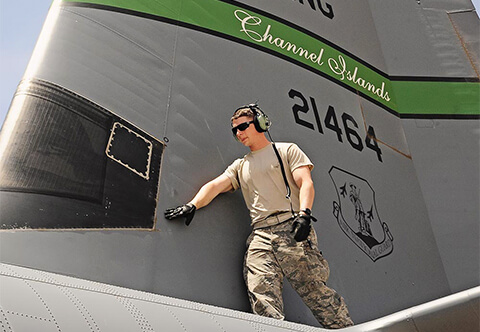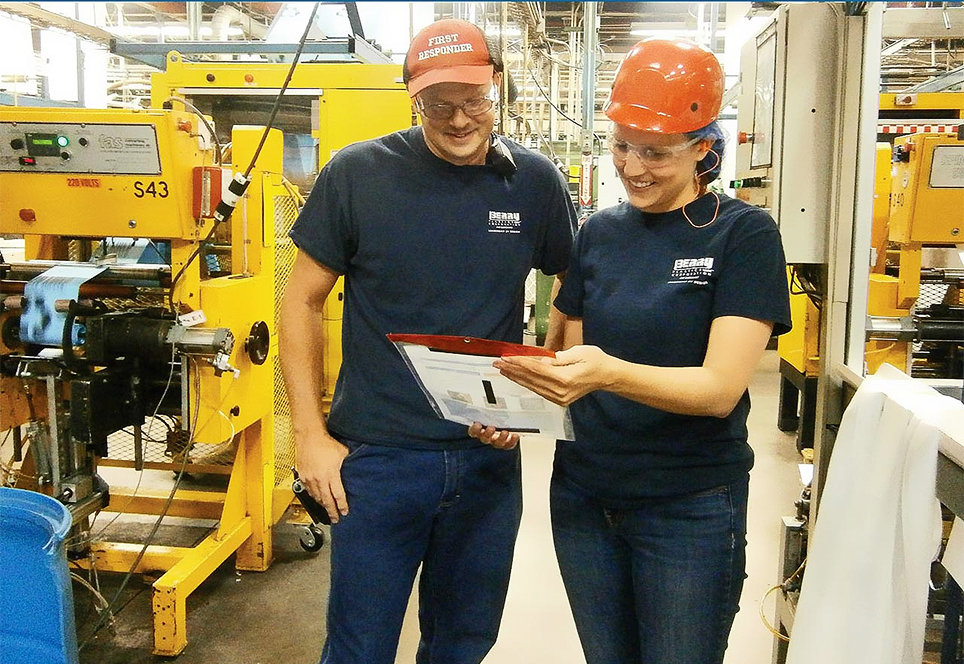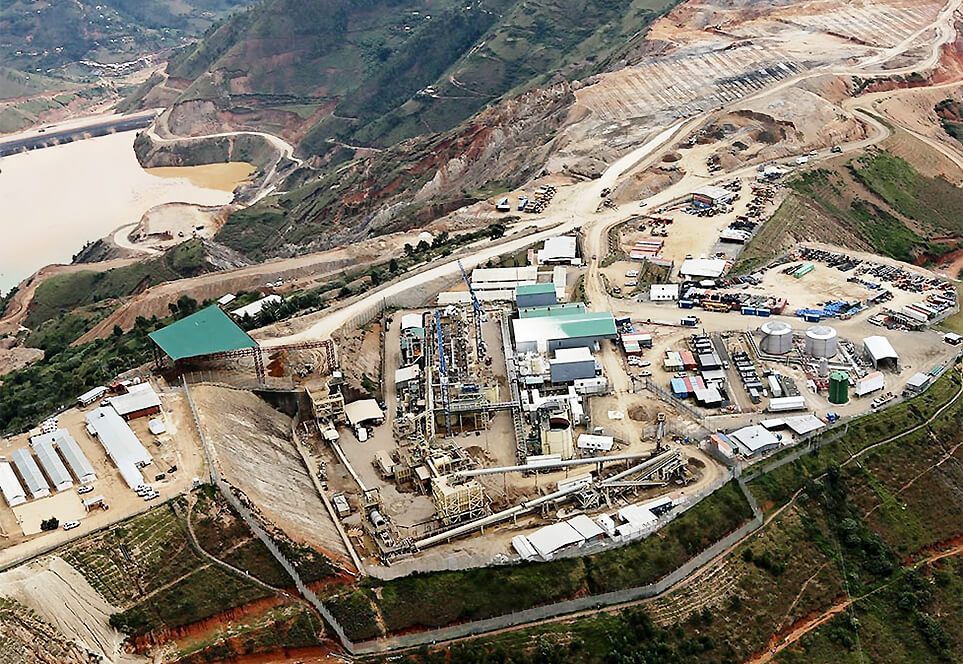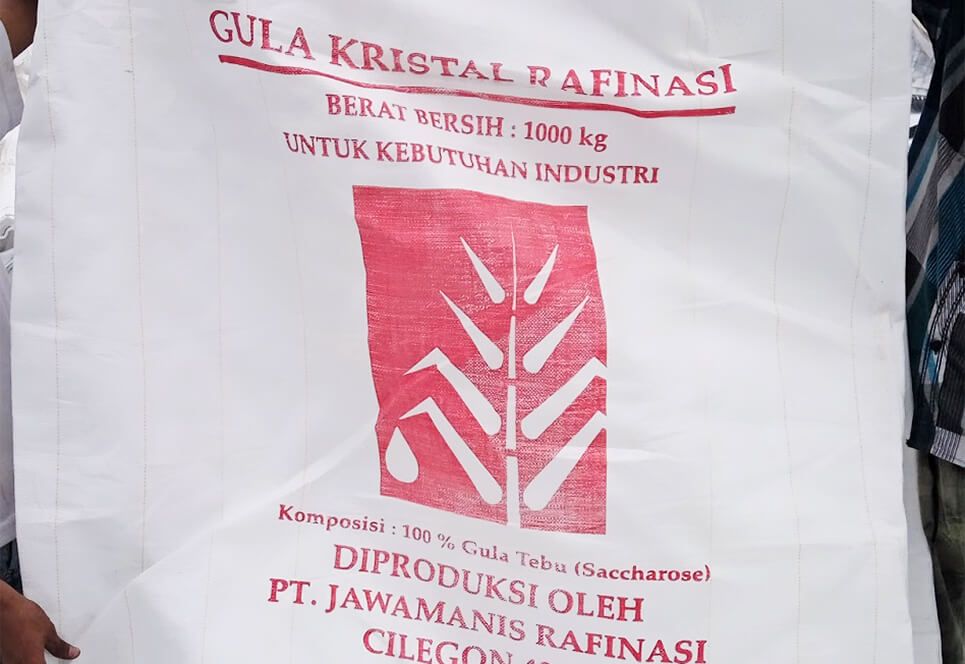
More than 30 years ago, a sinister disease of unknown origin created a panic in Philadelphia. Several people attending an American Legion’s convention in Philadelphia in late July 1976 became severely ill with flu-like symptoms and soaring temperatures. In the end, 34 people died from this mysterious disease. Originally, no known cause could be found, and the thought of biological warfare entered the minds of some Americans who worried for their safety. After six months of painstaking research, epidemiologists and laboratory scientists discovered that the illness was not man-made. Instead, it was caused by a type of bacteria, named Legionella. Legionella bacterium are found naturally in the environment and thrive in warm water, like that found in cooling towers, hot water tanks, large plumbing systems, and air conditioning systems of large buildings. In this instance, the Legionella proliferated in the air conditioning system of the hotel where the convention was held. It quickly multiplied throughout the hotel’s air conditioning system due, in part, to inadequate facility maintenance of the a/c system and associated heat exchange equipment.
Looking back, it is easy to see how this could have happened, said Dave Griffiths. Computerized maintenance management systems (CMMS) were not common yet. “At that time, most facility maintenance people did not use computers” said Griffiths, senior management consultant of CWorks Systems, an international CMMS developer based in Buffalo, N.Y., with partner offices in over eight different countries. “Every task was recorded manually, with pencil and paper. We were just not advanced enough and did not have the technical expertise that we have today.” Current maintenance management techniques have dramatically changed since 1976, thereby significantly reducing the risk of the potential for Legionella spread. For instance, in the newly constructed 825-bed Mater Dei Hospital in Malta, a country off the coast of Italy, the facilities managers not only have installed a CMMS to maintain their a/c units, but they also use compliance technology designed to ensure that the control scheme is being implemented and maintained.
Meeting the challenge
Almost every room at the state-of-the-art Mater Dei health care facility has an a/c unit, posing a definite
challenge to manage so that compliance could be carefully tracked. At Mater Dei, circulating hot and cold
water provides the heating and cooling agent for these a/c units. However in the long, hot summers,
condensate can accumulate on the air conditioning coils, from where a drip tray collects and drains this
water.
“Legionella bacteria multiply rapidly in the temperature range 68° to 122°F,” noted biochemist
Dr. Andrew Dobbins, chief technology officer of Zeta Compliance Technologies, Charleston, S.C.
“If this water is not draining properly from the drip tray, it can accumulate and warm up to the critical
temperature range for Legionella propagation.”
To ensure these drip trays are properly monitored,
facility managers at Mater Dei incorporated a sophisticated CMMS that they said is easy-to-use,
but could be customized as well. Both the facility managers from the hospital and the software
engineers from CWorks collaborated and tailored the preventive maintenance system to create
single work orders for multiple HVAC units. The preventive maintenance includes individual
records for each individual unit. Such customization not only allows the facility manager to
identify problems more quickly, but also avoids the needless proliferation of separate work
orders and provides a complete record of compliance per unit for any required maintenance and
repairs. According to hospital engineers, the collaboration is designed to ensure that these units are
working properly while preventing the creation of a hospitable environment for the spread of dangerous
airborne diseases.




















